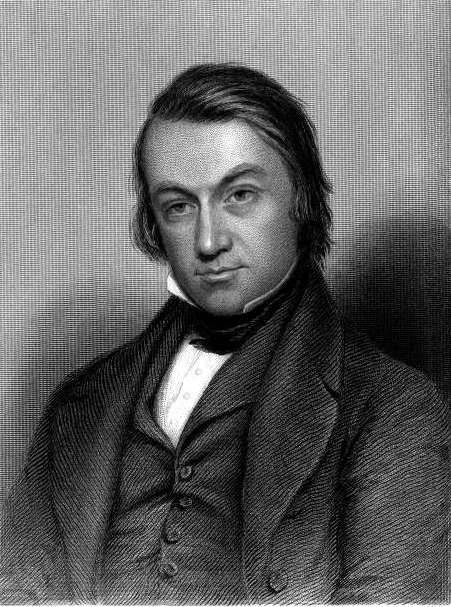#GlasgowArgus
Text
"YOU have no enemies, you say?
Alas! my friend, the boast is poor;
He who has mingled in the fray
Of duty, that the brave endure,
Must have made foes! If you have none, 5
Small is the work that you have done.
You’ve hit no traitor on the hip,
You’ve dashed no cup from perjured lip,
You’ve never turned the wrong to right,
You’ve been a coward in the fight."

Charles Mackay (1814–1889) was a Scottish poet, journalist, and author, best known for his work in journalism and his writings on social issues. Here are five facts about Charles Mackay:
Journalistic Career: Charles Mackay had a successful career as a journalist and editor. He worked for various newspapers, including The Morning Chronicle and The Illustrated London News. His contributions to journalism covered a wide range of topics, from politics to social issues.
Author of "Extraordinary Popular Delusions and the Madness of Crowds": Mackay's most famous work is "Extraordinary Popular Delusions and the Madness of Crowds," published in 1841. In this book, he explores various historical instances of mass hysteria, financial bubbles, and social delusions. The work remains influential and is often cited in discussions about crowd psychology and speculative bubbles.
Poet and Songwriter: In addition to his prose work, Mackay was a poet and songwriter. One of his notable poems is "Cheer, Boys, Cheer!" which became a popular song in the 19th century. The poem celebrates the spirit of camaraderie and was well-received for its patriotic themes.
Economist and Social Commentator: Mackay had a keen interest in economic and social issues. His writings often touched on economic trends, the psychology of crowds, and the impact of collective behavior on society. "Extraordinary Popular Delusions and the Madness of Crowds" reflects his observations on the speculative excesses and financial manias of his time.
Editor of "The Glasgow Argus": Charles Mackay served as the editor of "The Glasgow Argus," a Scottish newspaper. His editorial work allowed him to engage with a wide range of topics, and he used his platform to contribute to public discourse on issues of the day.
#CharlesMackay#PopularDelusions#MadnessOfCrowds#JournalismHistory#VictorianLiterature#EconomicHistory#CrowdPsychology#FinancialBubbles#CheerBoysCheer#ScottishAuthor#PoetAndWriter#GlasgowArgus#SocialCommentary#HistoricalLiterature#19thCenturyAuthor#CollectiveBehavior#BehavioralEconomics#SocialIssues#LiteraryLegacy#Songwriter#quoteoftheday#today on tumblr
0 notes